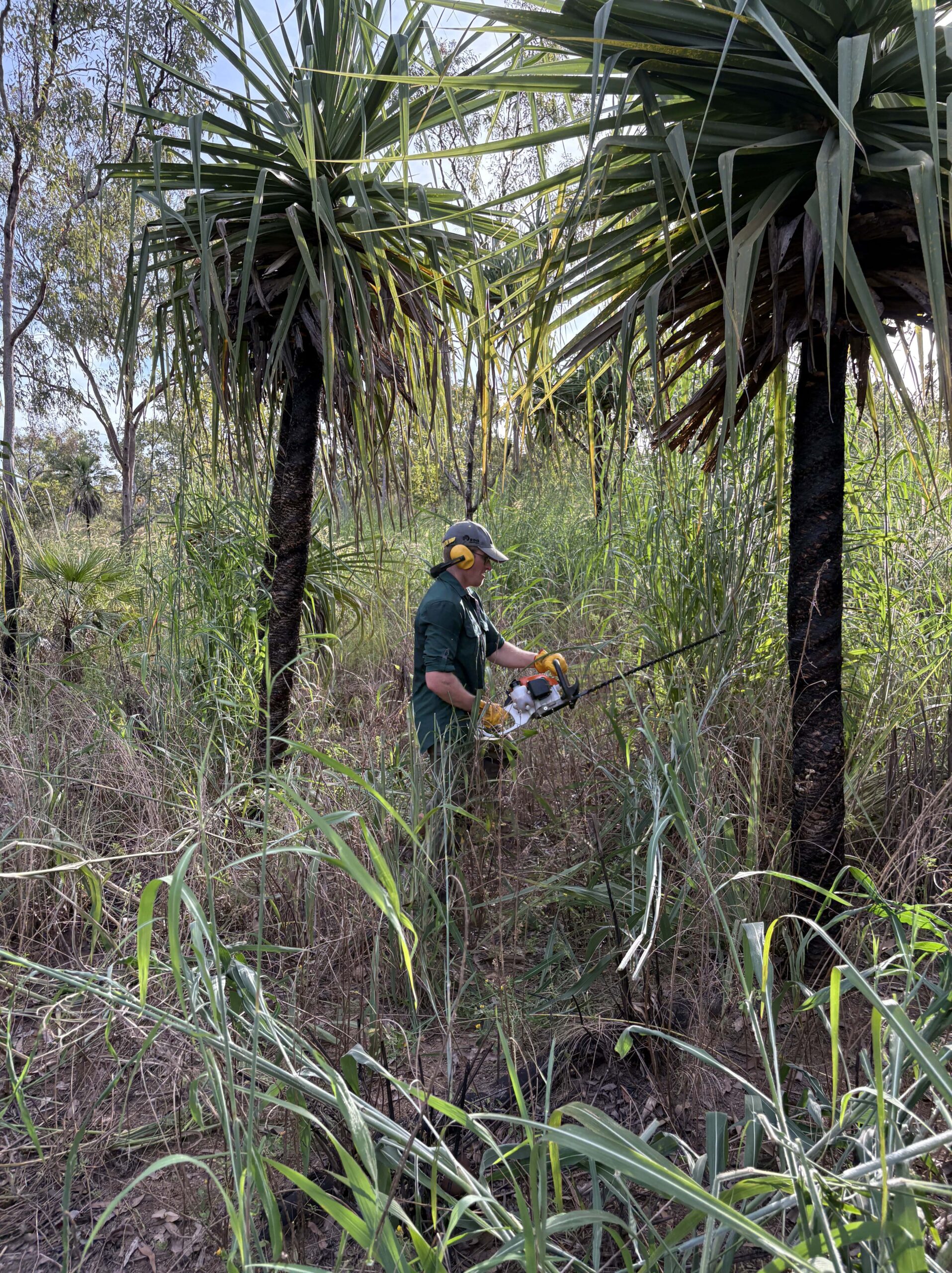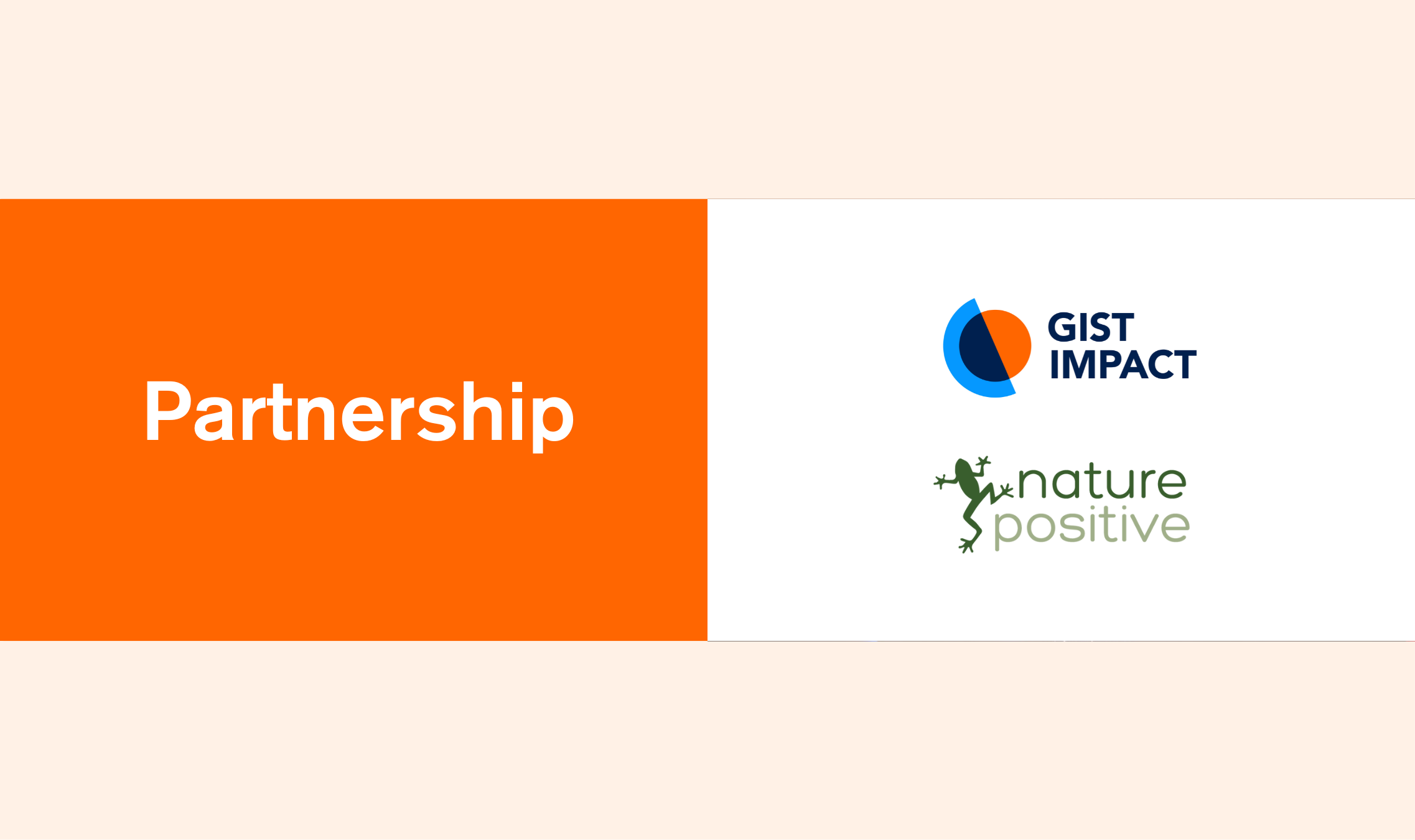23% of 2,500 listed companies do not report GHG emissions. Earlier disclosure means a greater likelihood of reduced emissions. You cannot manage what you do not measure, so why not start as early as possible?
GIST Impact’s survey of 2,500 large and mid capitalisation organisations across 25 developed and emerging markets shows strong evidence that if emissions are measured early, then they will fall faster.
Our recent study revealed that around half of the constituents analysed disclosed GHG Emissions data consistently since at least 2016, while a quarter started late, and 23% still do not disclose. Surprisingly, there are a handful of companies which reported emissions in 2016, but have yet to produce data for 2021.

We measure carbon intensity as emissions/$M revenue and a reduction in this ratio reflects improved use of fossil fuels, if not necessarily an absolute reduction (which depends on how fast the company is growing). Our sophisticated modelling of greenhouse gases gap-fills data and is demonstrably better than the industry standard of sector-based attribution.
We uncovered that 80% of the companies that disclosed emissions since 2016 have recorded a reduction in carbon intensity since that time. This figure drops slightly to 70% for those disclosing since 2017. We calculate that only 49% of non-disclosures have had a reduction in intensity, indicating an attempt to cover up poor practice through avoiding talking about emissions.
The median reduction in carbon intensity for the earliest disclosing companies was 29%, which dropped to 11% for companies that began disclosing in 2017.

This shows that measuring emissions and disclosing them correlates with managing them down. GIST Impact provides quality controlled sustainability metrics from company disclosures and models, together with expert insights into anomalies and outliers.
If you would like to understand more about what we do contact us today! Alternatively follow us on LinkedIn to stay updated on the latest insights in impact measurement and sustainability: GIST Impact: Overview | LinkedIn






